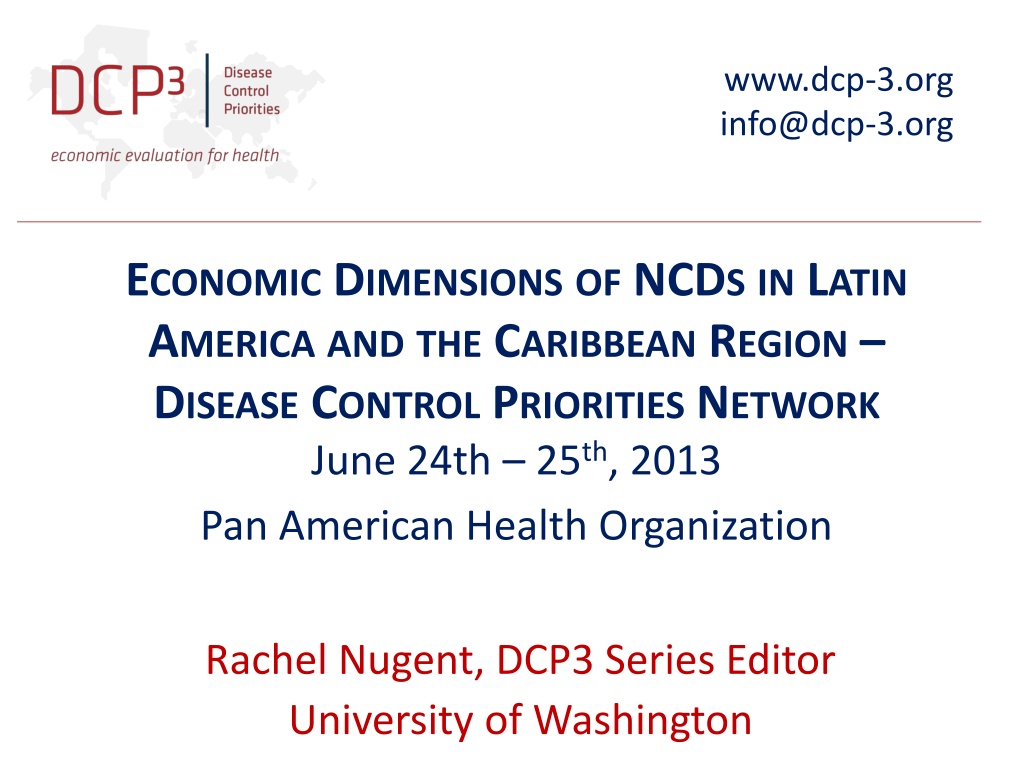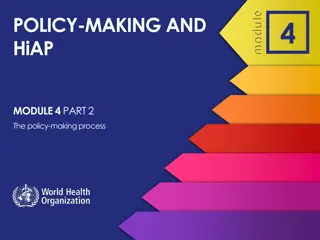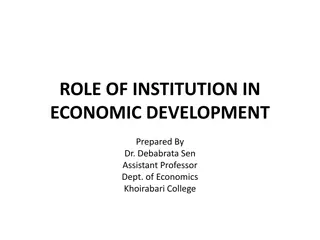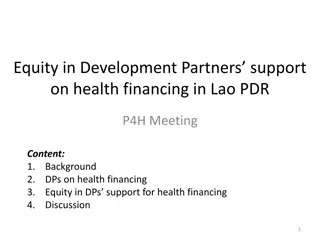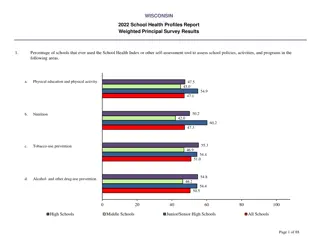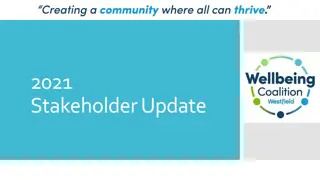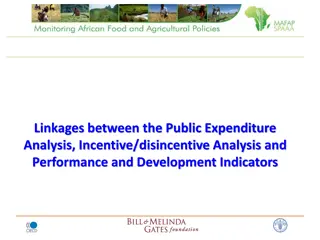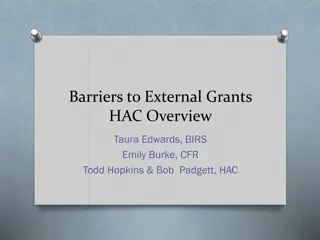Collaborations and Economic Analysis in Health Policy Development
This content discusses network collaborations in South Africa and India aimed at priority setting in health policy, focusing on immunization, diabetes, salt reduction, and other key areas. The partnerships include institutions like the NIH, University of Witwatersrand, and University of Toronto, working on economic evaluations and capacity-building for policy influence in the field of non-communicable diseases (NCDs).
Download Presentation

Please find below an Image/Link to download the presentation.
The content on the website is provided AS IS for your information and personal use only. It may not be sold, licensed, or shared on other websites without obtaining consent from the author. Download presentation by click this link. If you encounter any issues during the download, it is possible that the publisher has removed the file from their server.
E N D
Presentation Transcript
www.dcp-3.org info@dcp-3.org ECONOMIC DIMENSIONS OF NCDS IN LATIN AMERICA AND THE CARIBBEAN REGION DISEASE CONTROL PRIORITIES NETWORK June 24th 25th, 2013 Pan American Health Organization Rachel Nugent, DCP3 Series Editor University of Washington
Disease Control Priorities Network DCP3+ DCP Country and Region Network UW DGH Country Costing Optimization Models Institutional Network IHME 9/28/2024 2
Disease Control Priorities Network DCP3+ DCP Country and Region Network UW DGH Country Costing Optimization Models Institutional Network IHME 9/28/2024 3
Network Collaborations (Component 13) South Africa - PRICELESS Partners: NIH and University of Witwatersrand Aim: Development of institutional capacity for priority setting Policy targets: Immunization, diabetes, salt reduction, PMTCT Status: permanent health economics role in policy setting India - National Partners: University of Toronto Aim: Policy uptake Policy targets: Supplementary immunization of new antigens, rotavirus CEA, HiB, pneumococcal; cancer CEA; CVD
Country Collaborations (Component 13) India Bihar, Karnataka Partner: Partners: University of Toronto Aim: Cost effectiveness of interventions for improving child health Policy targets: Expanded coverage and new antigen use in immunization, cost of essential package Rwanda Potential Partners: Partners in Health and Rwanda MoH, NUR SPH Aim: Capacity-building for economic analysis, NCD platform cost effectiveness Policy targets: CHWs, NCDs, TBD
Regional Collaborations WHO- PAHO Partner: Deputy Director, ProVac, NCD team Aim: Capacity building and methods development for economic analysis and policy influence Policy targets: Immunization and NCDs WHO-EMRO Partner: Ala Alwan, EMRO Regional Director Aim: Produce economic evaluations and policy guidance document Policy targets: NCD economic analysis, priority-setting
DCP2 9/28/2024 7
DCP2 by the Numbers 4 13 78 350 2 Number of books Number of years Number of editors Number of chapters Number of authors 9/28/2024 8
Disease Control Priorities, 3rd Edition 5 30 155 400 9 Number of volumes Number of years Number of editors Number of chapters Number of authors 9/28/2024 9
Disease Control Priorities, 3rd Edition DCP3 Volume Topics 1. Disease Control Priorities in Developing Countries 2. Reproductive, Maternal, Newborn and Child Health 3. Child and Adolescent Development 4. AIDS, STIs, TB and Malaria 5. Cardio-metabolic and Respiratory Diseases 6. Cancer 7. Environmental Health and Injury Prevention 8. Mental, Neurological and Substance Use Disorders 9. Essential Surgery 9/28/2024 10
Production Timeline Writing of chapters, web publication 2013/14 Editing and peer-led review 2014/15 Volume production 2014/15 Dissemination 2014/16 9/28/2024 11
Objectives of DCP3 Inform allocation of resources across interventions and health service delivery platforms. Provide a comprehensive review of the efficacy and effectiveness of priority health interventions. Advance knowledge and practice of analytical methods for economic evaluation of health interventions. 9/28/2024 5
Economic Analysis Extended cost-effectiveness analysis (ECEA) Assess distributional and financial protection consequences of policy choices affecting access, uptake and quality of interventions and delivery platforms. Benefit-Cost Analysis (BCA) Evaluate policies beyond the health sector. Costing Information gathering on cost and cost-effectiveness of interventions, policies and other health system resources. 9/28/2024 13
NCD Priorities in LAC Region What are the important policy questions? What economic analysis is available; what is missing? How can economists contribute to policy development? What are the key questions that economics can contribute to --- multisectoral approach, equity impacts, financial risk protection, population prevention? 9/28/2024 14
